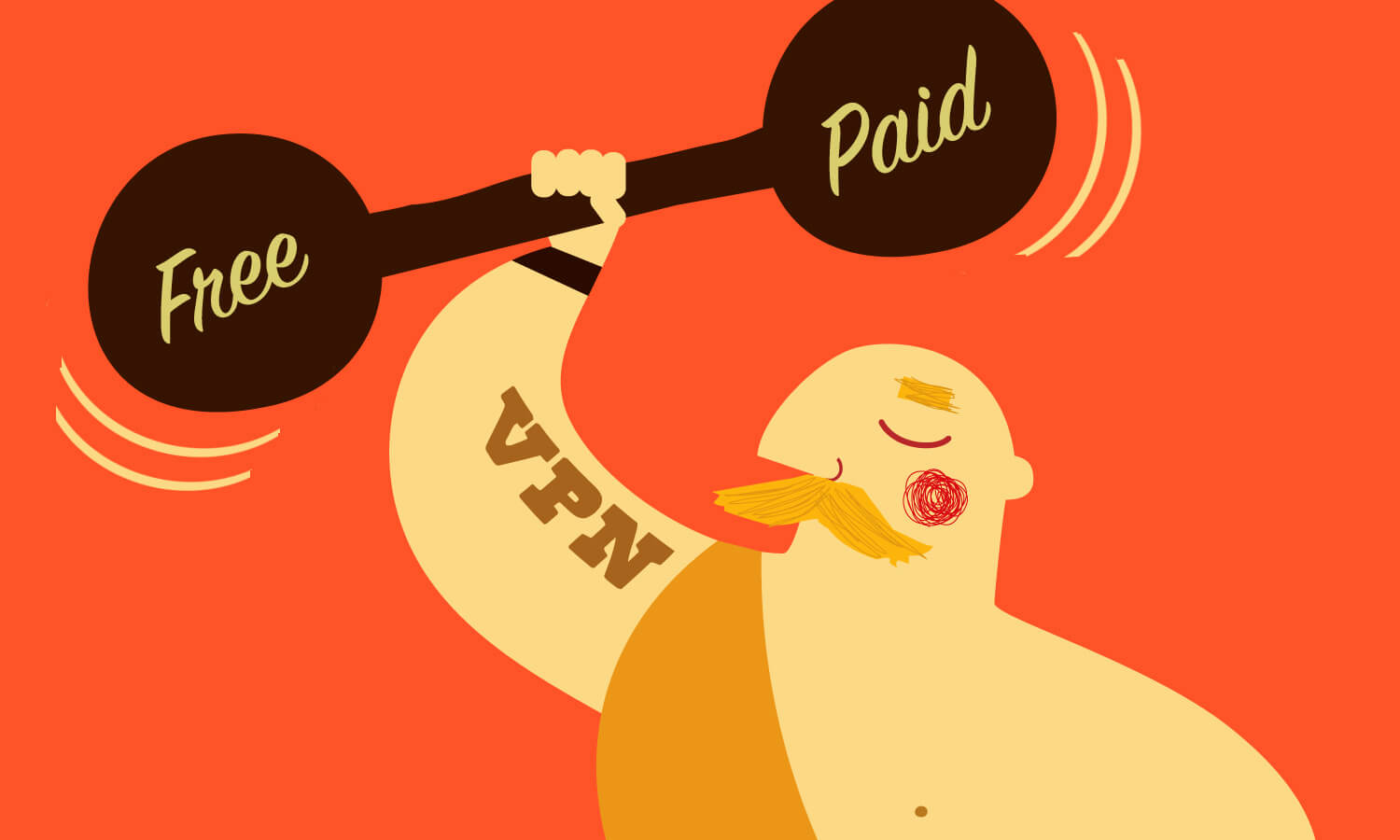When considering a VPN service, users often weigh the benefits of free versus paid options. Understanding the pros and cons of each can help you make an informed decision that best suits your needs.

Free VPNs
Pros
- Cost-Free:
- Ideal for users who want to try a VPN without financial commitment.
- User-Friendly:
- Many free VPNs offer simple interfaces and easy setup, making them accessible for beginners.
- Basic Privacy Protection:
- Provides some level of encryption and privacy, which can be better than not using a VPN at all.
- No Long-Term Commitment:
- Users can use the service without being locked into a subscription.
Cons
- Data Limits:
- Most free VPNs impose strict data caps (e.g., 500 MB to 10 GB per month), limiting usage.
- Slower Speeds:
- Free services often have fewer servers and higher user volumes, leading to slower connection speeds.
- Limited Features:
- Basic security features may not be sufficient for serious privacy needs (e.g., no kill switch).
- Privacy Concerns:
- Some free VPNs may log user data or sell personal information to third parties.
- Ads and Promotions:
- Many free VPNs are ad-supported, which can detract from the user experience.

Paid VPNs
Pros
- Unlimited Data:
- Most paid VPNs offer unlimited data usage, allowing for uninterrupted browsing and streaming.
- Faster Speeds:
- Paid services typically provide faster speeds and more reliable connections due to dedicated servers.
- Enhanced Security Features:
- Advanced security protocols, a kill switch, and no-logs policies are common, ensuring better privacy.
- Wider Server Network:
- Access to a larger number of servers in various countries, improving performance and bypassing geo-restrictions.
- Customer Support:
- Paid VPNs usually offer better customer service, including 24/7 support via live chat or email.
Cons
- Cost:
- Requires a monthly or annual subscription, which may not be feasible for all users.
- Long-Term Commitment:
- Some services may require long-term subscriptions for the best rates, which can be a deterrent.
- Complexity:
- Advanced features may be overwhelming for beginners, requiring a learning curve.
- Trial Period Limitations:
- Some paid VPNs offer free trials, but they may have limited features or require payment information upfront.
Conclusion
Choosing between a free VPN and a paid VPN ultimately depends on your specific needs and priorities. If you’re looking for basic protection and are willing to accept limitations, a free VPN might suffice. However, for users who prioritize speed, security, and comprehensive features, investing in a paid VPN is often the better choice. Always conduct thorough research and read reviews to find a VPN that aligns with your requirements.



